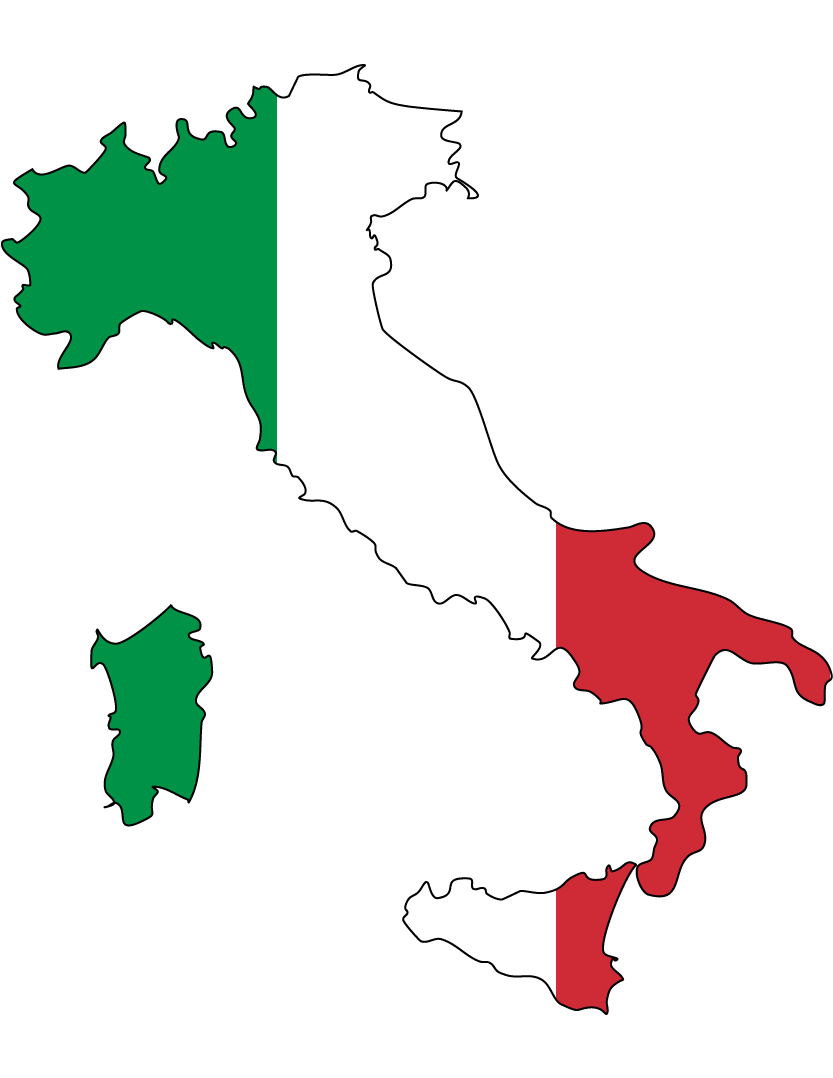Food, family, culture-it seems like Italy has done everything right in these compartments! This is what was discussed in the “Ethnic Cuisine of Italy” seminar on Wednesday, Oct. 15. Amidst a room packed with students, some lured by extra credit and others by the key words “Cuisine of Italy,” the topic of how Italian culture has melded with the American culture was discussed and addressed.
The “Ethnic Cuisine of Italy” seminar given by Michael Di Giovine of the department of anthropology and sociology aimed to make the students address what it truly means to be of “Italian descent” in the modern culture.
The seminar skipped between several points regarding Italian cuisine and the development of the Italian-rooted family while trying to appeal to the collegiate audience.
Showing videos such as “S*** My Italian Mom Says” successfully gained a few chuckles from the audience, regardless of their ethnic heritage. The seminar aimed to bypass a stuffy lecture-style and simply engage in a more relaxed environment.
Italian-American, American-Italian, or however the kids are classifying themselves as these days, are obviously experiencing and living a remarkably different culture than their Italian ancestors. The Italian culture now has become a largely food-based product, often aimed to please their stereotype over the genuine culture itself.
When you think of Italian culture, what are the first few words that pop into your head? Were those words generally food-related? Pizza? Spaghetti? Maybe that meatball scene from “Lady and the Tramp”?
This heavily analyzed point of the seminar illustrated how the ethnic culture of Italy has become, in many ways, commercialized. When people think of Italian culture, it is with a wistful nostalgia of what their grandmother made for them on Sunday dinners.
However, as this culture of Italian cuisine has melted into other cultures, this idea has developed and changed in many ways. The Italian culture in the United States is rapidly changing from generation to generation. Granted, the people who claim Italian heritage now are probably not having four-hour long dinners with every member of the family, but this also means that everybody gets to enjoy a little bit of Italian culture in their everyday lives!
Casey Mullholland is a second-year student majoring in English and psychology. She can be reached at CM806505@wcupa.edu.

